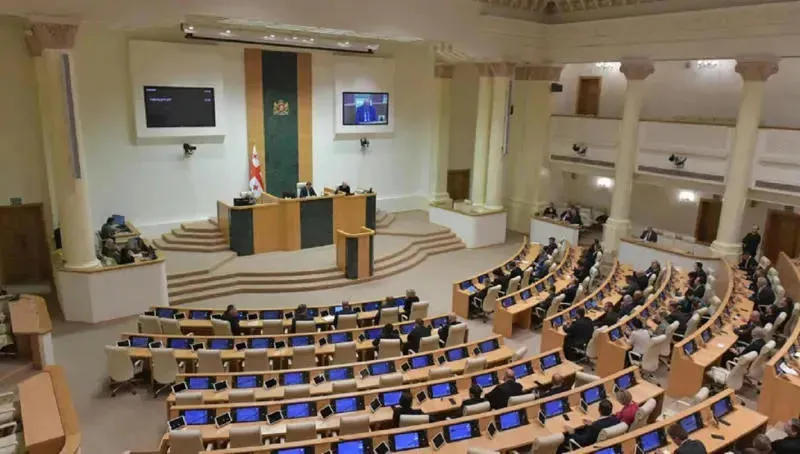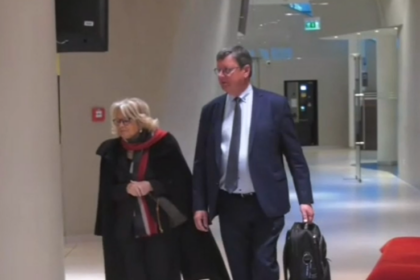**Parliament Approves Changes to Court Laws**
The Parliament of Georgia has passed amendments to the Law on Common Courts in its third and final reading. The bill, which was supported by 80 deputies and faced no opposition, introduces several significant changes to the country’s court system.
**Limiting Media Access to Courts**
One of the key provisions of the amended law is that photo-video recording and broadcasting by the media will be prohibited within court buildings, courtrooms, and courtyards. This move has sparked concerns among journalists and freedom of speech advocates, who argue that it will limit their ability to report on court proceedings and hold judges accountable.
However, the High Council of Justice will retain its authority to make decisions regarding photo-video recording during court sessions. This means that in some cases, media may still be allowed to record or broadcast proceedings with permission from the Council.
**Tougher Penalties for Disrespecting Judges**
The amended law also introduces stricter penalties for anyone who shows disrespect to a judge. According to the new rules, any person who verbally insults, uses obscene language, or engages in other forms of misconduct towards a judge will be held liable. This includes instances where individuals express themselves outside of court buildings.
**Changes to Judge Transfers and High Council Staffing**
The bill also introduces changes to the process for transferring judges between courts. The term for a judge’s transfer has been increased from two to three years, and it is now possible to extend this period by another two years.
In addition, the Parliament will select only two members to serve on the 15-member High Council of Justice, down from five. The number of judges represented on the Council will increase to 12, with the President appointing one member.
**Abolition of Independent Inspector Service**
The amended law also abolishes the so-called Independent Inspector Service and the position of Independent Inspector within the judicial system. This move has been criticized by some as undermining the independence and accountability of the judiciary.
**Expanded Disciplinary Liability for Judges**
Finally, the draft law expands the grounds for disciplinary liability among judges. Failure or improper performance of duties related to judicial activity will now be considered a form of misconduct. This change is aimed at holding judges accountable for their actions, but some argue that it may also create undue pressure on them.
Overall, the passage of these amendments represents significant changes to Georgia’s court system and has sparked debate among lawmakers, journalists, and civil society organizations.












